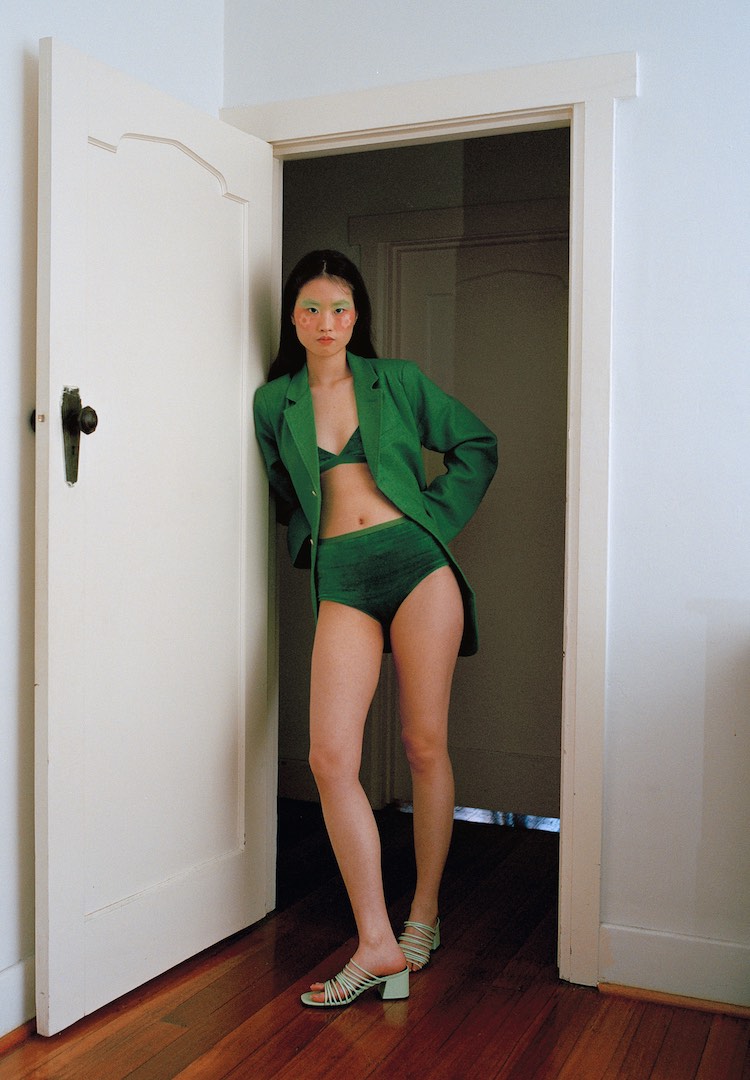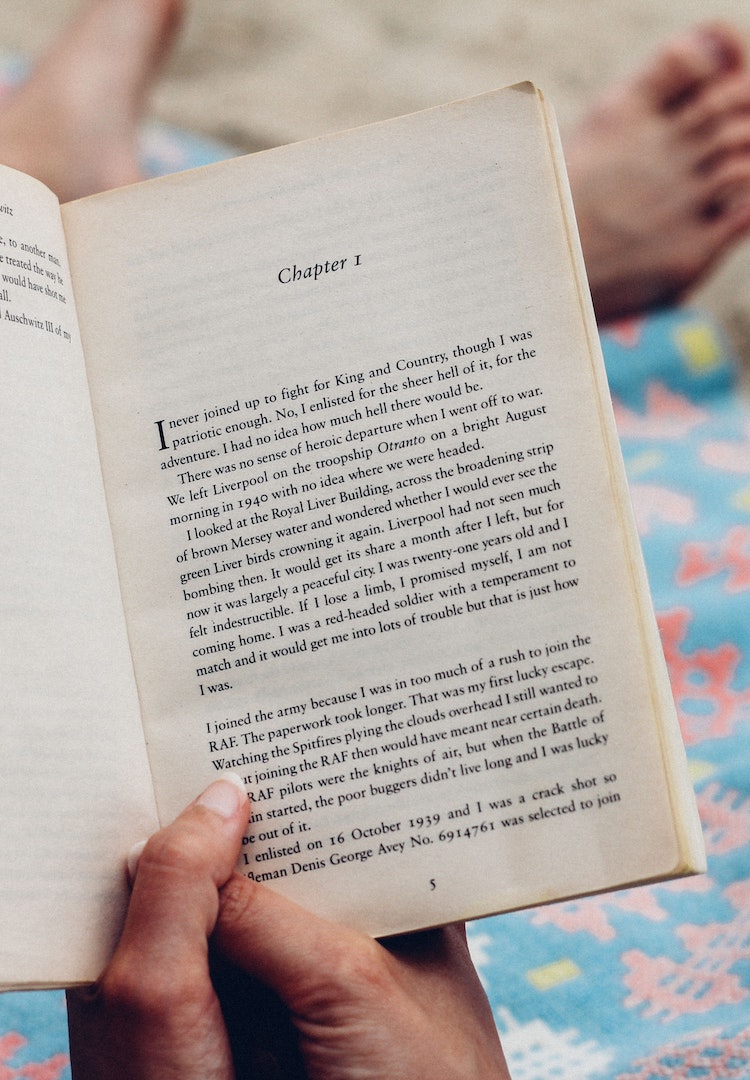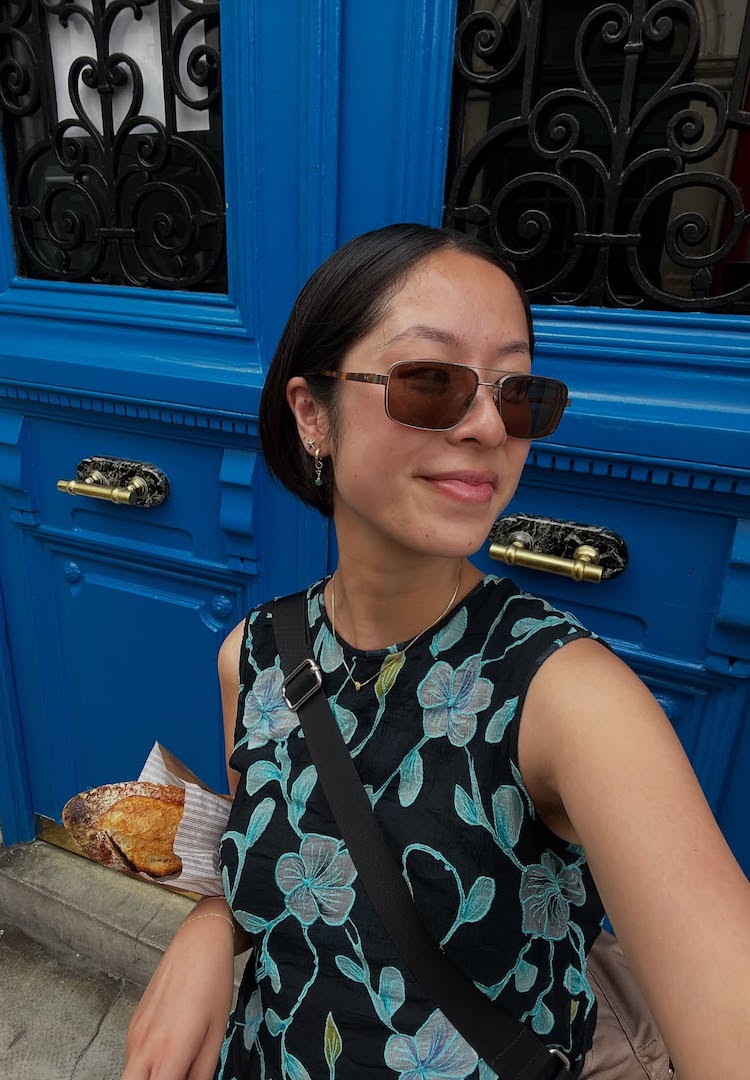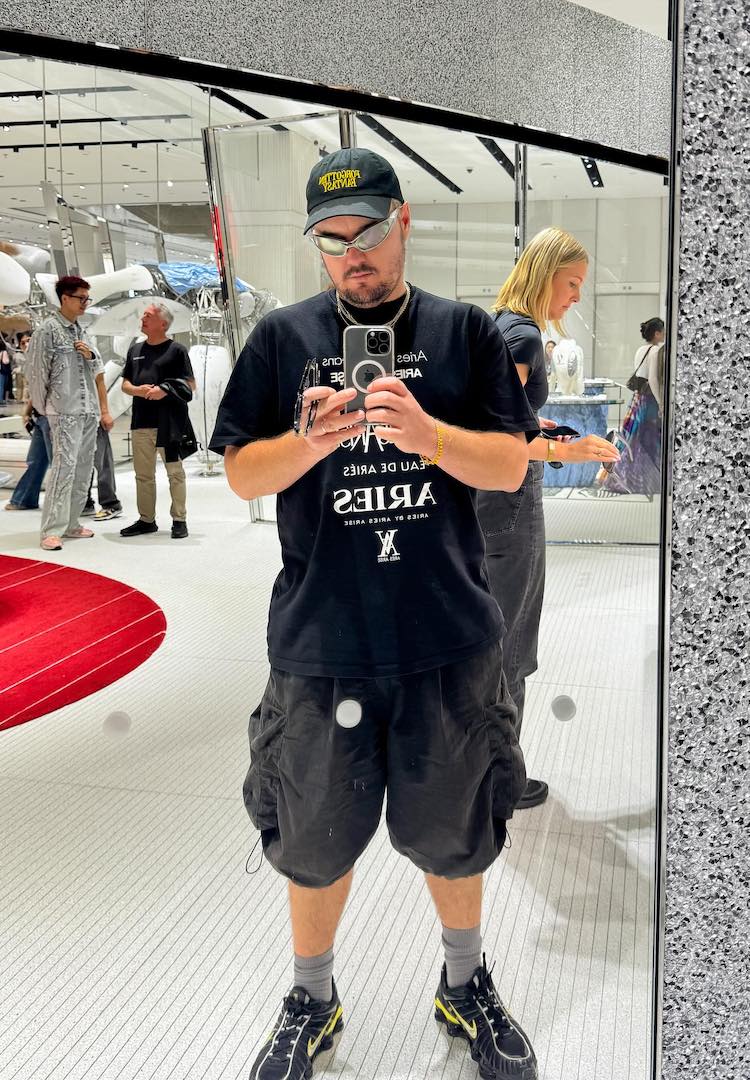How to finally change into your dream career, according to an expert
Photography by Hayley Pease
Words by Emma Anvari
New year, new career.
I think it’s pretty safe to say that as a collective, we’ve moved past the whole “new year, new me” resolutions-galore schtick. But sometimes that feeling of ‘restart’ you get with the new year can be the perfect opportunity for a change. But how about something as drastic as a career change?
According to research conducted by the Foundation for Young Australians in 2017, young people today are likely to expect up to five different careers in their lifetime. Yep, five. Maybe it will be because you’re unfulfilled in your current industry, need a change of environment or even want to make the jump from the corporate world to the fashion and beauty space. Chances are, you’ll probably make a career change at some point in your life.
Looking to procrastinate in a productive way? Subscribe here and we’ll send more great reads straight to your inbox.
But where to even begin? How do you know you’re even making the right move and not taking steps backwards? Is there a point where you’re too old to be starting again? So many questions.
Growing up with older parents, I’d always been told I should pick a career, master it and stick to it for the rest of my working life. If I’m being completely honest, the thought of such a ‘static’ lifestyle is just a no from me. Remember when I mentioned the five careers? Sorry Mum and Dad, I think I’m going with the experts on this one.
So with these fears, concerns and questions in hand, I sat down with career change coach, Jo Green, to get some answers. No stranger to career changes and a recipient of career coaching herself, Jo has worked in everything from relocation, market research, and fundraising before she found her calling as a qualified career change coach. Here’s what she had to say.
What type of fears do your clients typically have?
People seem to worry more about how they’re going to make a career change if they’ve got 10 years’ experience in a particular area. They wonder how they are going to go about making that change, how they are going to explain it, and whether their skills are transferable to that particular area. A lot of people come in and go, ‘I’m going to have to start at the bottom, I’m going to have to take a pay cut, I’m going to have to study.’ That might not necessarily be true. I say, ‘hold on, we don’t know what you want to do next so we don’t know if those are the answers.’
What if my CV has nothing to do with the industry I want to enter into?
I think people have a lot of concern around how it will look on their CV if they’re jumping around doing things. I always say if you’ve got an explanation for it, if you’re truthful about what happened and why it did happen, that’s going to resonate with the person that’s interviewing you and they’re going to understand the journey you’ve been on. I think people really resonate with authenticity and honesty, and can really see that someone who has worked across a couple of different industries has more experience, has seen more of the world and the different ways things can work, and can bring new ideas to something. Whether it’s career breaks to do a particular thing or whether you went into a different career and it didn’t work out, so long as you can explain why it didn’t work, what you learnt and why you’re out trying to do something else, the interviewer will understand.
I think it’s a real benefit for people to move around and to have experience in different areas.
How do you know if a career change is right for you?
I’d say the first thing is to get really clear as to what’s going to be important in your career going forward. What are some of the nuts and bolts of work that are really important to you? Consider the types of skills you’re using, the environment, where it is and the flexibility. Be really clear as to what it is that you want, because that’s going to help with looking at different career ideas.
Then, the second thing that’s really important is to actually find out the reality of what that career would look like. That involves going and speaking to people who are working in that career, and going and testing out what it would be like to do follow that career in really small ways. Conversations with people in the field will really give you an understanding of the reality of the day-to-day, as well as how much you might earn, and what the market is like at the moment. They will also give you an opportunity to reflect back on what you thought was important in that first point. By doing that, you give yourself a chance to understand the reality of that career; to get as close as possible to that career and make a really informed decision as to whether it is right for you. By doing that you take the risk out of making that career change. You can’t be what you can’t see.
How do you approach changes with your clients?
It can feel quite ‘trapping’ if your CV is a list of things you don’t want to do anymore. If you go to a careers consultant they might go, ‘Oh, you have 10 years’ experience in events, here are 20 more events jobs’ and they might not be able to help you with that career change. Or, you might put your CV into a job search engine like Seek’s and a robot looking at it won’t comprehend what you’re trying to do.
I’d say the key thing is to approach it by looking for people. Look for people who are in the area you want to move into and have conversations with them. Because if you sit down with somebody and have a conversation with them, you can explain why you want to make the career change, how you can add value in that area, why you think your skills are relevant, and why you’re interested in making that move. Your story is really going to resonate with them and stick with them. Maybe they won’t have a role in mind or something they know about on the day you meet, but that’s not why you’re talking to them. You’re talking to them to make that connection and to understand more about the careers in that area, more about their company or maybe what they do. But they can then be an advocate for you. If they hear something in a week or a month’s time, they can think, ‘Ah, that person that I spoke to was looking for something’ and they can put you in touch. People are amazing with helping others and connecting people.
What is something you wish someone had told you the first time you changed career pathways?
Go and actually speak to people who are doing the job you’re thinking of getting into, don’t just do it blindly. Don’t just do a Google search and jump right in, like I did when I started working in market research. It’s no surprise when I got into doing that role, I found it wasn’t what I thought it was going to be like.
You can visit Jo’s website for more information on career changes or to access her coaching services here.













